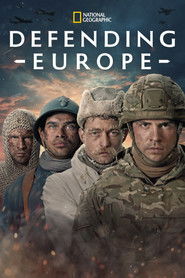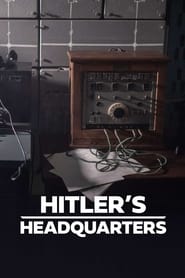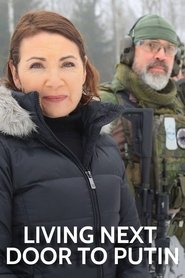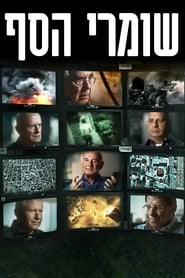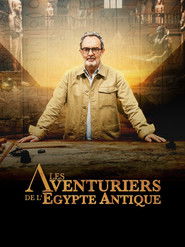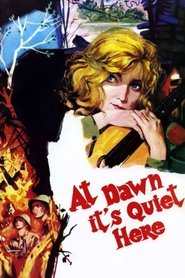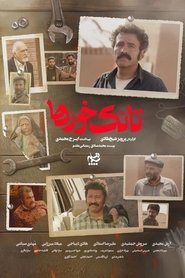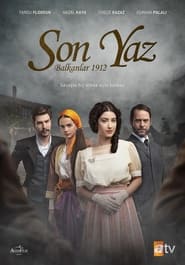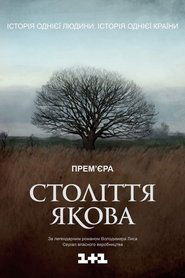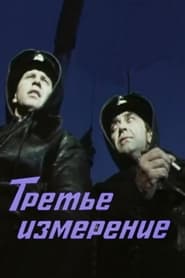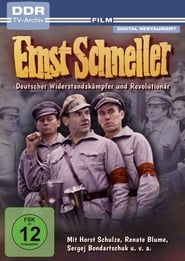War Politics TV Series - Page 102
-
Defending Europe
2024
Defending Europe
2024
star 5.3Exploring defensive strategies, weapons and structures used across Europe over 2,000 years, shedding light on forgotten histories that shaped modern borders. -
Kwatery Hitlera
2019
Kwatery Hitlera
2019
-
Living Next Door to Putin
2023
star 7Katya Adler explores how life is changing for people living on Russia’s border and the consequences of Putin’s war on the west. -
Le Roi mystère
1991
Le Roi mystère
1991
-
The Gatekeepers
2013
The Gatekeepers
2013
A five episode special edition of the documentary film by director Dror Moreh, featuring the story of the Israeli Palestinian conflict from the point of view of six former heads of the Shin Bet, Israel's secret service whose activities and membership are closely held state secrets. -
А зори здесь тихие
1972
А зори здесь тихие
1972
star 10In a remote village in Karelia, Sergeant Vaskov commands an anti-aircraft unit that protects a rail depot. While his men are transferred to the front line, he is reprimanded for their unruly behavior. He retorts that he wants replacements that aren't drunks or womanizers. In response, he is assigned a unit made up entirely of young women, fresh from training. -
兵峰
2010
兵峰
2010
-
谍影杀机
1996
谍影杀机
1996
-
Tank Eaters
2024
Tank Eaters
2024
star 7An innovative look at the holy defense era, which portrays the relationship between warriors from a different perspective and connects with real stories. -
Wait for the «John Grafton»
1981
star 8At the beginning of the summer of 1905, representatives of the Socialist-Revolutionary Party Krasilnikov and Elkonen turned to Captain Zhanis Trautman, a Latvian political emigrant living on the outskirts of London, with a proposal to lead a steamer with a cargo of weapons to the shores of Russia. Having recruited a team of old and tried comrades, Trautman changes the crew of an English cargo ship bought by the front men. In the course of the squabble that arose on this occasion, a sailor of the old crew, David Blake, was stabbed. The wounded Blake and the veterinarian Gruber, who accompanied the cargo of anthrax drugs, are forced to leave on board. On the high seas, weapons and explosives were loaded on board. The steamer headed for the Oresund Strait, where a messenger was to meet him. -
Jurus Halilintar
2004
-
Jacob's Century
2016
Jacob's Century
2016
star 8The story is based on the history of Ukraine through the eyes of a long-lived Volyn peasant, Yakiv Mekh. Since childhood, he has been in love with Ulyana, but despite the reciprocity of feelings, her parents married her off to a boy from a wealthy family. Unable to change anything, Yakiv leaves the village. He joins the Polish army and meets a Polish noblewoman, Zosia... His fate includes wars, captivity, and the loss of loved ones, but its main outcome is the preservation of humanity and the ability to love. -
The Third Dimension
1982
-
Now For Action
2021
Now For Action
2021
In Shanghai in 2021, young Li Yangfan and his neighbor Lin Xiaozhe accidentally fell into the Huangpu River in order to find his grandfather Lin Jiang’s belongings when he was young. They woke up and found that they were back in 1938. -
七战七捷
1995
七战七捷
1995
-
Secrets of War
2020
Secrets of War
2020
star 6.4What happened in Latin America during World War II? With narrative agility and historical rigor, we go through the different moments of the war on four thematics: espionage, diplomacy, economy and action on the battlefront. Classified information and stories never told until today allow us to understand how Latin countries lived through the years of armed conflict. -
Ernst Schneller
1977
Ernst Schneller
1977
The movie begins by showing how Schneller takes up the profession of a teacher out of love for the children. When the First World War begins, he becomes a 'volunteer officer' and slowly the political situation begins to shape him. He develops into a revolutionary fighter.
